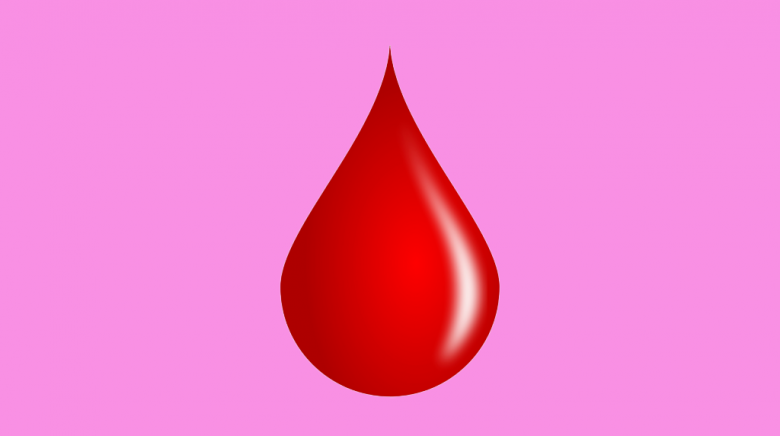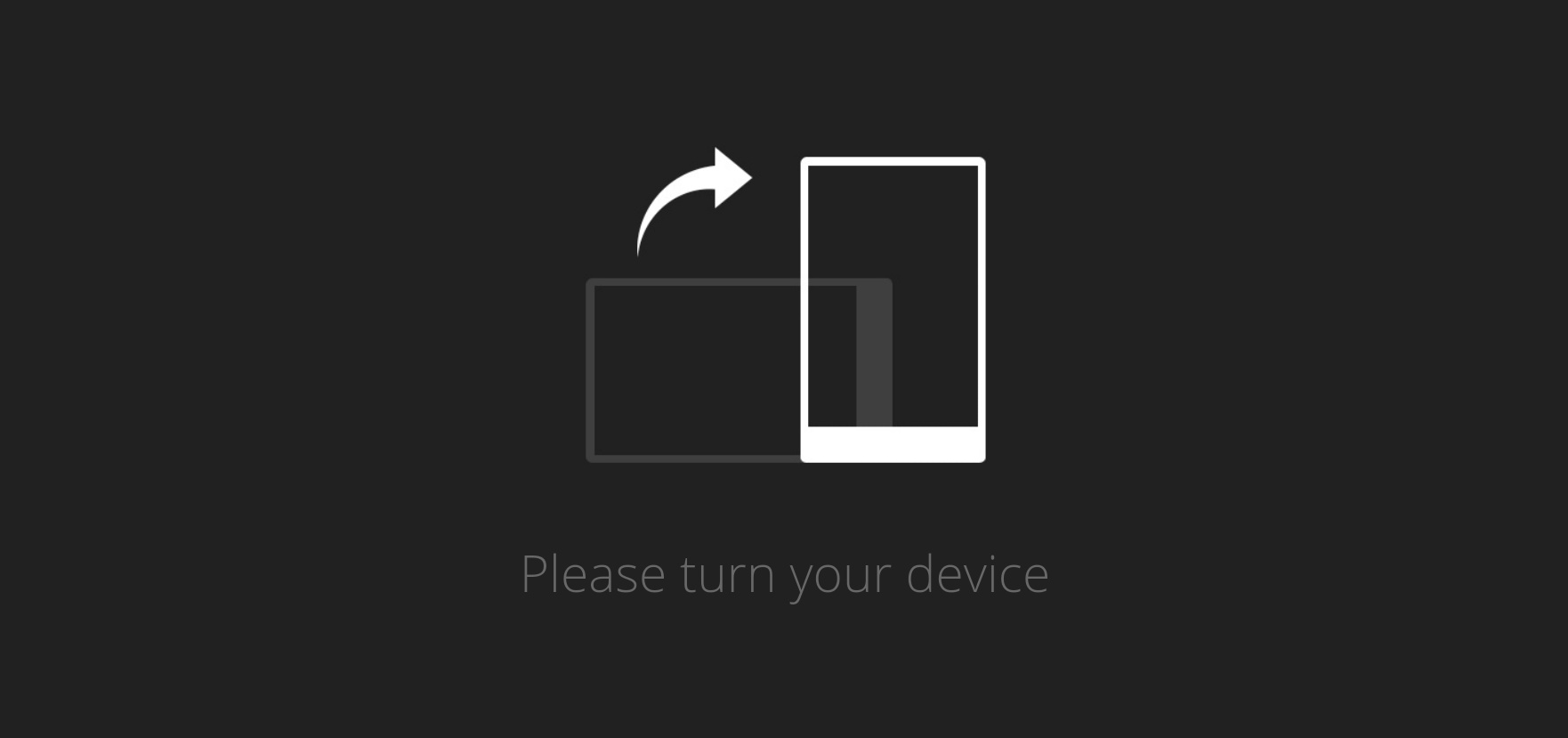
Things Everyone Should Know About Being An Adult, From Periods To Peeing Yourself

Modibodi leak-proof underwear for periods, pee, perspiration and post-pregnancy - the eco-friendly alternative to pads, liners or tampons that keep you dry and comfy every day of your flow.
The fact that periods and incontinence, among other things, are still taboo topics in 2019 is honestly ridiculous. It’s time we all had a real talk about the things that grown-ups should know about this stuff.
No, people who get them can’t control their periods. Yes, PMS is real, period sex is totally a thing and, sometimes, we pee ourselves without warning. Strap in for a crash course in Bodies 101.
Fluids are normal
There’s no need to turn your undercarriage into a patchouli-scented party (in fact… please don’t). Of course, if you’re concerned about a sudden change, definitely see a doctor! But it’s totally normal to have a range of fluids down there — discharge, sweat, spotting. If you do live in a humid climate or exercise regularly, there are reusable options available to keep you feeling fresh.
Urinary incontinence is also far more common than you might think: one in three people who have had a baby will experience it, but it’s not only parents who are affected. It’s about time we got rid of the shame and stigma around this issue, especially as it’s been recognised as a key health issue.
If you’re concerned about symptoms, see a doctor and do your research, because there are comfortable options available from brands like Modibodi that won’t make you feel like you’re wearing a nappy.
PMS is real
Believe us when we say this is not imaginary, nor is it the butt of a joke. Health bodies all over the globe recognise premenstrual syndrome as an official syndrome that produces super fun symptoms like bloating, migraines, acne, and sleep disturbances.
And while mood swings and cramps are common, premenstrual dysphoric disorder (PMDD) and endometriosis are recognised as serious and debilitating conditions. During high school, I would spend several days each month in the sick bay feeling mortified and confused before my endometriosis was diagnosed. Education is so important! On that note…
Menstruation should be taught to everyone
It might sound old-fashioned, but so many schools still separate genders when discussing puberty and reproductive health.
As a result, male groups can be left in the dark about certain things, which in turn increases stigma — did you know one in five young women have been bullied about their periods? Anyone who’s been to high school might not find that surprising, but there’s absolutely nothing shameful about a totally normal bodily function.
Another super important reason this education should be broadened is because many trans and non-binary students may not be receiving appropriate information about their bodies. Periods can be distressing for some people and it’s vital all young people (and adults!) have access to both emotional and practical support.
That 28 days thing isn’t an exact science
In an ideal world, every 28 days exactly, a small bird would appear at our window and cheep a delightful tune to announce a new menstrual cycle. But, sadly, our life isn’t a Disney film and that “28-day” schedule only happens for one in 10 people — cycles can vary from 21 to 42 days.
It’s expensive
Did you know that if we saved up all the sanitary products we used in a lifetime, we could paste them together and live in enormous endometrium commune? But something tells me that nobody will be on board with this frankly disturbing idea… Sorry.
Anyway, the average person who gets periods uses between 10,000 and 12,000 disposable menstrual products in their lifetime. This doesn’t just put a dent in your wallet, it affects the environment, too: it can take 500 to 800 years for these products to break down. Thankfully, technology — and how we use it for personal care — has come a long way, and reusable products like absorbent underwear are a far better option.
The bottom line is… all of this is normal
While people absolutely do experience discomfort during certain times of the month or discomfort from incontinence, it’s important to remember that none of this should make us feel ashamed. I remember the feeling of a former boss casually mentioning she was on her period at a staff meeting and nobody batted an eyelid. It was ace.
The more we talk about these things, the more it’s normalised, and the more we can all support each other.

